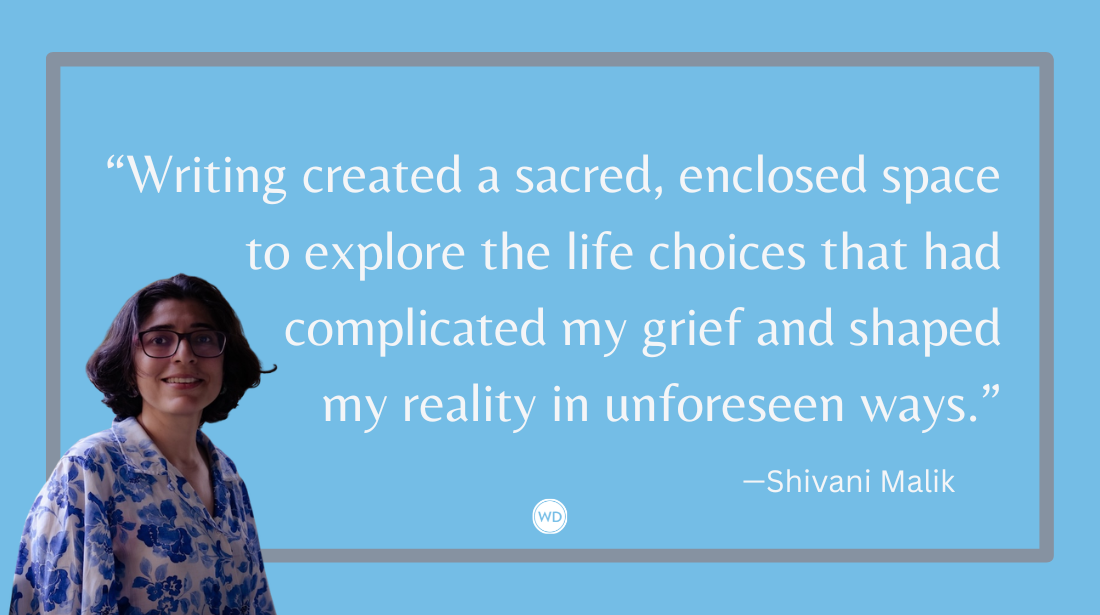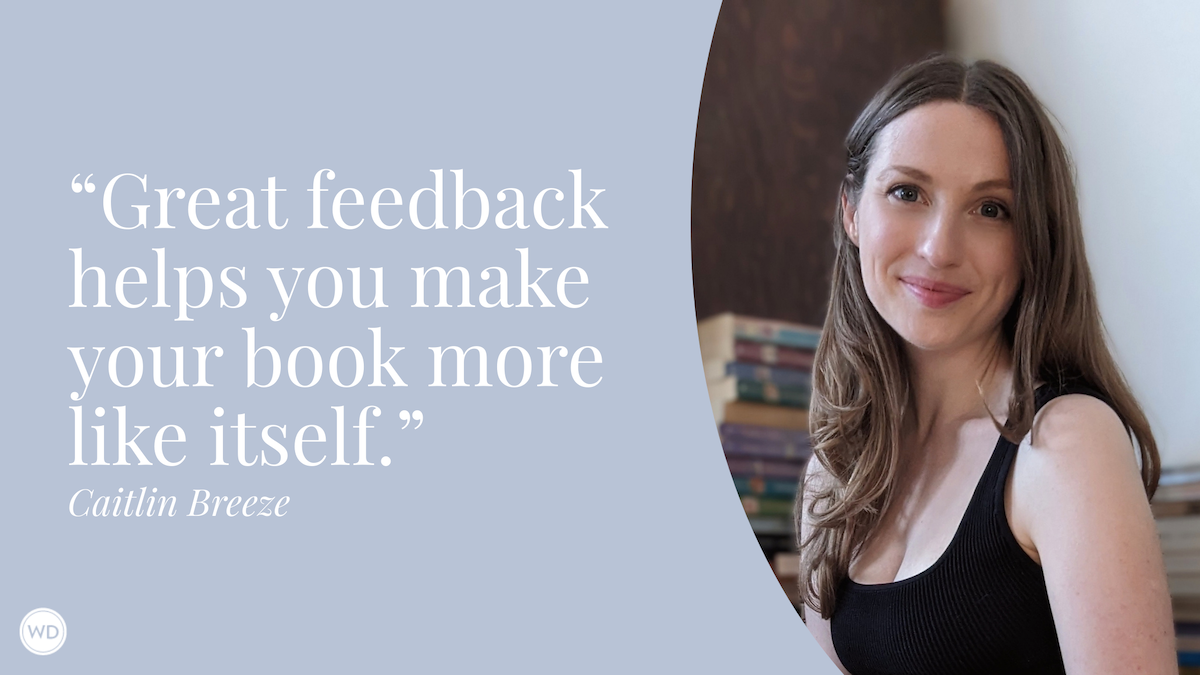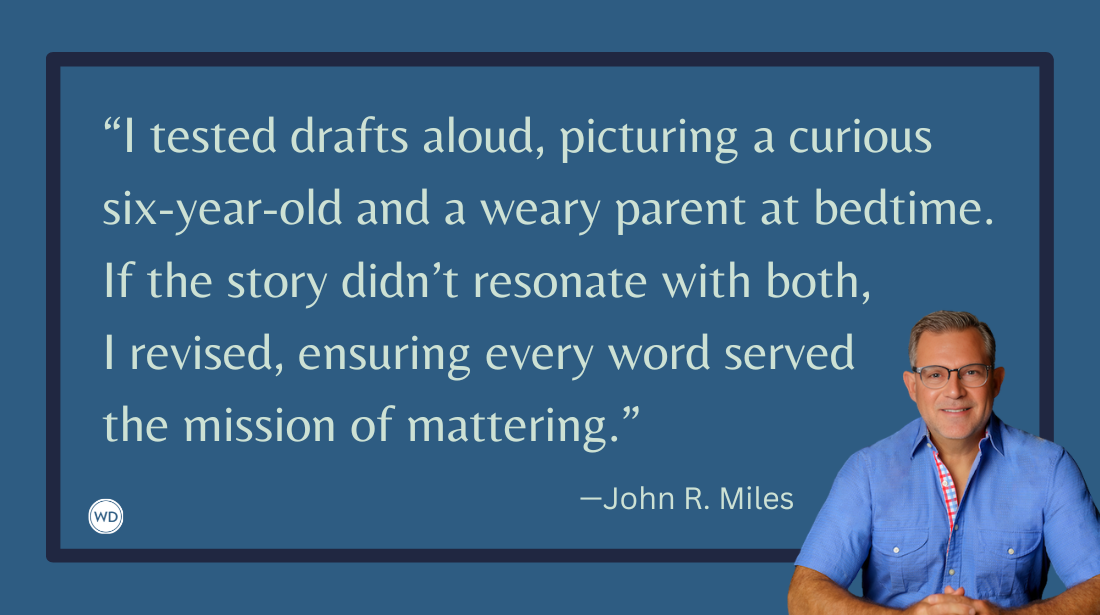Jennifer De Leon: On Writing as a Form of Protest
Author Jennifer De Leon discusses the deeply personal reasons she wrote her new YA novel, Borderless.
Jennifer De Leon is an author, editor, speaker, and creative writing professor who lives outside of Boston. She is the editor of Wise Latinas: Writers on Higher Education, the 2015–2016 Writer-in-Residence at the Boston Public Library, and a 2016–2017 City of Boston Artist-in-Residence. She is also the second recipient of the We Need Diverse Books grant. Visit her website jenniferdeleonauthor.com and find her on Twitter, Facebook, and Instagram.
In this post, Jennifer discusses the deeply personal reasons she wrote her new YA novel, Borderless, her hope for readers, and more!
Name: Jennifer De Leon
Literary agent: Faye Bender, The Book Group
Book title: Borderless
Publisher: Atheneum/Simon & Schuster
Release date: April 25, 2023
Genre/category: Young Adult
Previous titles: Don’t Ask Me Where I’m From (Atheneum/Simon & Schuster, 2020); White Space: Essays on Culture, Race, & Writing (University of Massachusetts Press, 2021); Wise Latinas: Writers on Higher Education (University of Nebraska Press, 2014)
Elevator pitch for the book: Caught in the crosshairs of gang violence, a teen girl and her mother set off on a perilous journey from Guatemala City to the US border in this heart-wrenching young adult novel from the author of Don’t Ask Me Where I’m From.
What prompted you to write this book?
In the summer of 2018, when I was pregnant with my second son, I could not keep my eyes off screens that showed children being torn away from their parents, especially mothers, at the U.S./Mexico border. It pained me not to join others at rallies and protest the “zero tolerance” immigration enforcement policy which affected many Central American people. My people.
For me, the news was personal. Both my parents are from Guatemala. They moved to the United States in the 1970s in search of a better life, like so many immigrants do. Although I could not march in the streets in 2018, I decided to begin writing this novel. It was my own way of protesting.
How long did it take to go from idea to publication? And did the idea change during the process?
I first had the idea for this book in 2018. I wrote the first draft in such a way that the majority of the story took place at the Humanitarian Respite Center in McAllen, Texas, with flashbacks to Maya’s life in Guatemala. In the second draft, I wrote the story chronologically, beginning with her life in Guatemala City.
As the drafts went on, the chapters in the Respite Center began to get smaller, and the chapters set in Guatemala City only grew. I think it’s important to remain open to what the story wants to be, and not feel as if you must stick to an outline or an original vision for the book.
Were there any surprises or learning moments in the publishing process for this title?
I honestly used to think that an author wrote a book alone. And somehow, magically, books filled the shelves at bookstores and libraries and schools. The publishing process has shown me that there are dozens upon dozens of people “behind the scenes” who help bring books into the world. From my agent to my editor to the incredible folks at Simon & Schuster to all the amazing teachers and booksellers and of course, the artist of the cover (thank you, Krystal Quiles!), I am just so grateful for all their help.
Were there any surprises in the writing process for this book?
Again, in my original draft I really saw Maya’s life in Guatemala City as the “backstory” and not so much the “front story” of the novel. In working on the manuscript, I realized more and more that Maya’s story in Guatemala had just as much value and was worthy of fully-fleshed out scenes in the first two thirds of the book. My brilliant editor, Caitlyn Dlouhy, helped me (tremendously) to reshape the story in this way, and I am so glad she did.
What do you hope readers will get out of your book?
My sincere hope is that readers feel what Maya, the main character, is feeling as she moves through this harrowing yet hope-filled journey of being forced to leave the only home she knows, for the unknown. It is empathy that, I believe, will prompt readers to ask deeper questions about immigration at the southern border, about the human beings crossing it every day, and their reasons for doing so.
If you could share one piece of advice with other writers, what would it be?
I know it sounds simple, but it has really helped me: Never give up. It is simply not an option if you want to pursue writing as a career. There will be setbacks, failures, close calls, disappointments (I have definitely had my fair share and then some!), but I never gave up. I persisted. Along with the help of mentors, other writers, colleagues, family, and friends, I have been able to turn those setbacks into stepping stones. Not every single one, but many of them. Feel the feelings, then keep going. Just like you ask of your characters.








